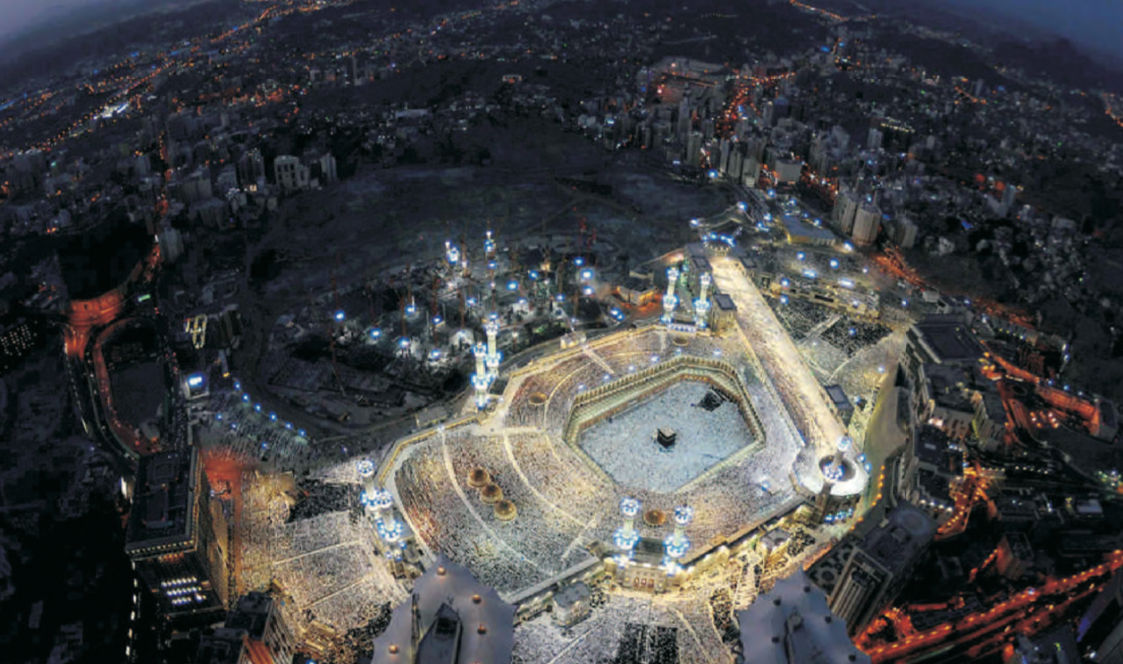Hajj group sues Islamic ministry as assessment reveals corrupt practices
The Islamic ministry is accused of unfairly awarding Hajj quotas.

18 May 2019, 09:00
Trial is due to begin Sunday in a lawsuit filed against the Islamic ministry over alleged unfair evaluation of bids for Hajj quotas.
The Maldives is allocated a visa quota of 1,000 every year for worshippers to travel to Mecca to perform the Hajj pilgrimage. Half of the quota is reserved for the state-owned Hajj Corporation while the rest is awarded to private groups through a bidding process.
The Sisilfaru Hajj and Umrah Group, a company with 35 years of experience in offering pilgrimage tours, sued the Islamic ministry last week after its bid was rejected for the first time in five years.
The evaluation and tendering process contravened public finance regulations, the company contended, accusing the ministry’s evaluation committee of using a separate “secret criteria” instead of the one potential bidders were informed about.
Become a member
Get full access to our archive and personalise your experience.
Already a member?
Discussion
No comments yet. Be the first to share your thoughts!
No comments yet. Be the first to join the conversation!
Join the Conversation
Sign in to share your thoughts under an alias and take part in the discussion. Independent journalism thrives on open, respectful debate — your voice matters.




